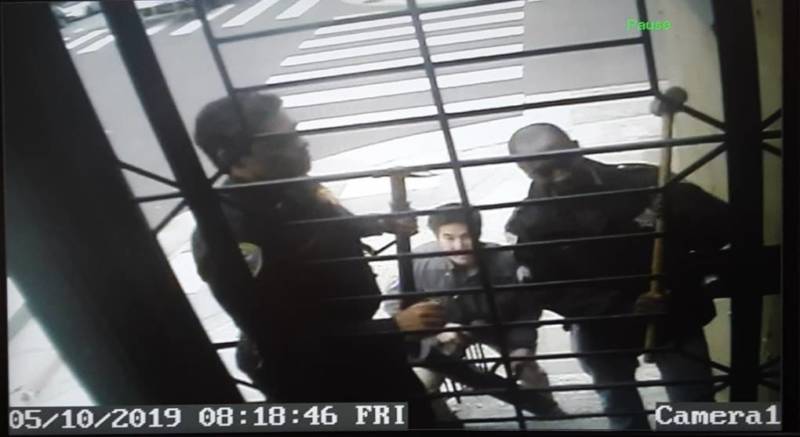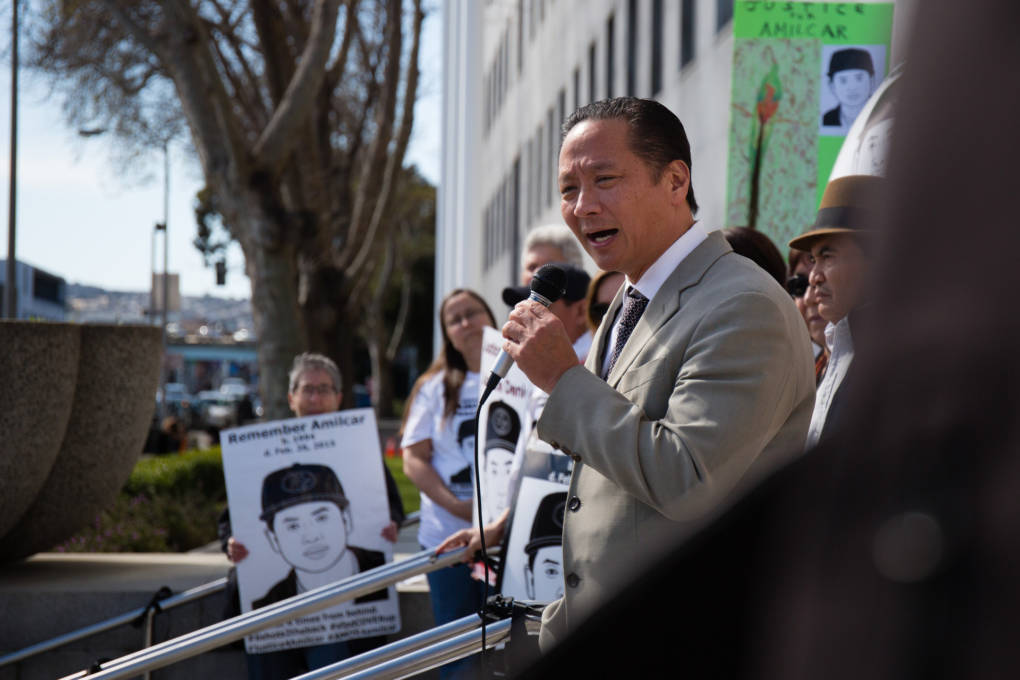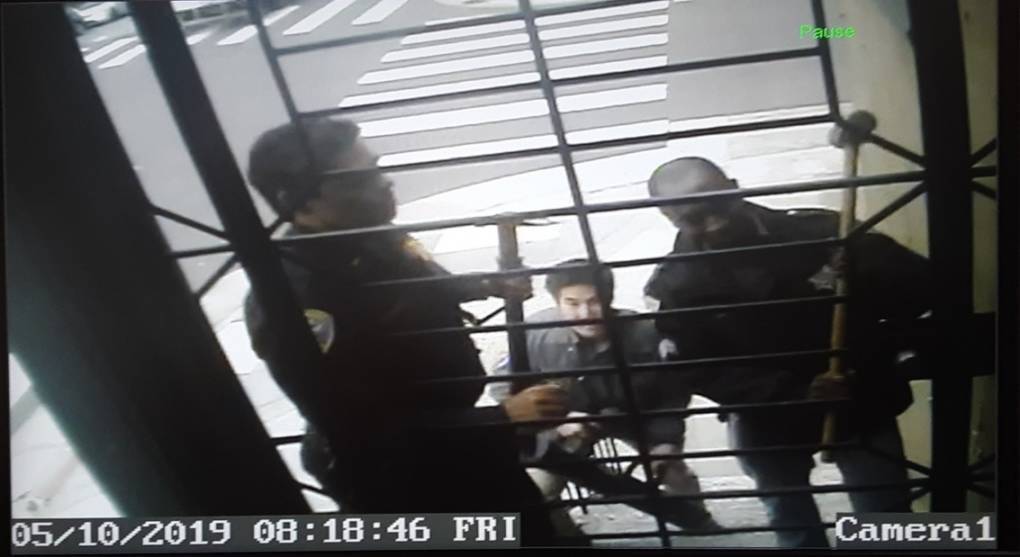A San Francisco judge ruled Thursday that she should never have issued a search warrant for a journalist's phone records earlier this year and that police must unseal most of the affidavit filed to support the warrant.
San Francisco police requested the warrant as part of an investigation into who leaked to reporter Bryan Carmody a police report on the death of public defender Jeff Adachi. The police report revealed Adachi was at a friend's apartment with a woman who was not his wife and that officers found empty bottles of alcohol and marijuana gummies. Carmody sold the police report, along with footage he shot of the apartment, to several news outlets.



